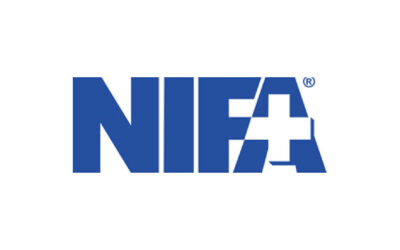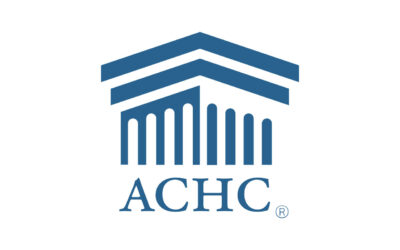by Sandra Jones, CASC, LHRM, CHCQM, FHFMA SVP and COO
While some surgical facilities are part of a complex hospital system or a corporation with several layers of management and medical staff, many ASCs remain unaffiliated with a larger institution and have a very flat organizational structure. As a result, the OR director may be the same person who is the administrator, the ex-officio member of the governing body and the immediate liaison with the medical director. The flat organizational structure can streamline medical staff and governing body activities. Yet, this can sometimes lead to lack of clarity in documenting governing body action. Learning regulatory and accreditation requirements for governing body activities can help the director plan communication and documentation.
Whether a facility is large or small, the governing body has a duty to oversee the business, obtain clinical input from nurses and medical staff members, and provide a safe environment for the patient and the staff. Becoming familiar with your organizational structure, bylaws, and minutes may be the initial step to learning how the governing body reviews and acts to perform oversight – essential to successfully meet surveys by state or accreditation surveyors. Finding evidence of your organization’s governing body activities should not be a challenge.
For a small surgery center with a few physicians handling all committee and governing body activities, versus one with dozens of physicians serving on committees and governing body, the responsibilities are not different. Regardless of the complexity of the organization, the same regulations apply.
One way to prepare yourself for compliance is to read your medical staff and governing body bylaws or an agreement for management and operations. Which document you have defining governing body responsibilities will depend upon your legal structure and organizational affiliations.
Medicare §416.41 Condition for Coverage Governing Body and Management states: “The ASC must have a governing body that assumes full legal responsibility for determining, implementing, and monitoring policies governing the ASC’s total operation. The governing body has oversight and accountability for the quality assessment and performance improvement program, ensures that the facility policies and programs are administered so as to provide quality healthcare in a safe environment, and develops and maintains a disaster preparedness plan.”
Reading the Interpretive Guidelines assists in understanding what surveyors will look for in documentation of activities. The guidelines include statements such as:
Delegations of governing body authority should be documented in writing.
The governing body is not only responsible for adopting formal policies and procedures that govern all operations within the ASC, but also must take actions to ensure that these policies are implemented.
The guidelines also list some items that surveyors may look for.
What are typical items on the governing body’s meeting agenda and how often do they meet?
Where is evidence of how the governing body monitors internal compliance with and reassesses the ASC’s policies?
Is there any evidence of data collected and submitted to the governing body related to specific ASC policies?
Let’s stop here for a minute and cite an example of governing body activity. You would have a policy on how instruments are processed. The governing body approves the policy. You implement it. You collect data that shows you have monitored the implementation and performance of the staff. You report to the governing body your findings. Perhaps the governing body members asked if AAMI or another national organization’s standards are being followed. Maybe there is a question and discussion about training of staff and availability of reference materials. When minutes contain such comments, demonstrating your governing body is active in oversight, quality assessment, and the administration of policies to provide quality healthcare in a safe environment, your governing body’s participation is documented.
The Interpretive Guidelines for §416.41 state, “The governing body is responsible for establishing the ASC’s policies, making sure that the policies are implemented, and monitoring internal compliance with the ASC’s policies as well as assessing those policies periodically to determine whether they need revision.” The preceding paragraph gives an example of meeting this responsibility.
One great thing about digital documents is that you can do a word search. Use word search to focus your learning of regulations and inspection expectations. Search the CMS Appendix L document and accreditation standards for the words “governing body.” Read all the areas that mention governing body and make notes of the expected activity. Think about how your minutes, sign off on forms or reports, and on-going QAPI activities help you document actions, involvement and oversight by your governing body. How do the minutes differentiate between reports, input, recommendations and actions? How does your documentation clarify the governing body’s oversight? Regardless of the layers of committees and management, your knowledge gained by understanding governing body responsibilities will help you prepare QAPI activities, recommendations, reports and minutes.
About the Author
Sandra Jones is a licensed risk manager and certified in ASC administration and quality management. She is a board member and surveyor for AAAHC, a past board member of the ASC Association, and past President of the MGMA ASC assembly. Sandra oversees a team of vice presidents who provide regulatory compliance and operational oversight to over 90 surgery centers.








